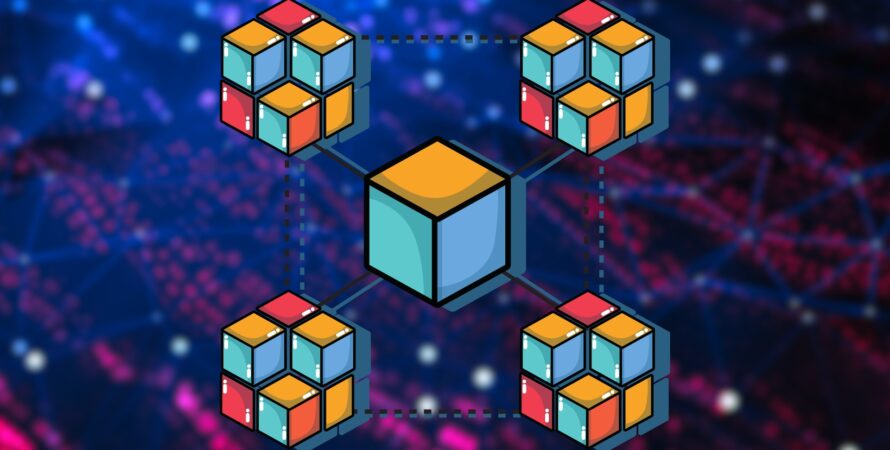- Oracles allow the flow of information from external systems to blockchains for the better functioning of smart contracts.
- Goracle is making a continuous effort to bridge the gap between blockchains and external systems.
The launch of smart contracts revolutionised the blockchain ecosystem. It has given way to endless possibilities ranging from finance to supply chain management. Since blockchains only hold transactional data between participants and smart contracts require a stray inflow of real-world information, it becomes difficult for blockchains to do so.
That’s where Blockchain Oracles come into play. Let’s understand what they are.
What are Blockchain Oracles?
Blockchain Oracles are the entities that bridge the gap between blockchains and external systems (off-chains), this allows the smart contracts to execute transactions based on real-world inputs and outputs.
Through Oracle, the existing legacy systems, data sources, and advanced calculations that exist in a Web3 ecosystem can be connected together.
As soon as a reliable connection is established through an oracle, the developers can build as many decentralised apps they want by employing the transparency, security, and decentralised nature of blockchain.
Through decentralised oracle networks (DONs), hybrid smart contracts can be implemented into the network where the on-chain code and off-chain infrastructure are clubbed together to provide decentralised apps that interact with traditional systems and react according to real-world events.
Chainlink is considered the industry standard for decentralised oracles. Chainlink can be defined as a decentralised oracle network that aims to provide real-world information to blockchain smart contracts. LINK tokens are used as utility tokens on the Chainlink network and can be used as payment towards network services.
Use of Decentralised Oracle in the Real-World
Web3 developers depend on Oracles to access off-chain resources for information to bring real-world utility to the blockchain.
Goracle, which is a decentralised oracle service provider, aims at providing secure and genuine real-world data to the blockchain with the goal of empowering the innovation of Web3 by building businesses and growing them by employing smart contracts.
Through Goracle, users can build dApps from DeFi and the supply chain to gaming and sports by employing data from reliable sources.
For example, employing the tracking abilities of Amazon and FedEx and integrating them with smart contracts would simplify the execution of deliveries on a supply network, which would ultimately benefit the customer.
Oracles can be used for analysing real-time weather data provided by aggregators such as Accuweather. By employing this data, developers can create decentralised insurance contracts for farmers in developing markets that do not have access to traditional insurance.
Through this, when the defined threshold of temperature is met, the smart contract can analyse the data and automatically trigger the payouts of the insurance as per the contract’s terms.
DEXs and Games Made Smarter through Blockchain Oracle
Goracle’s decentralised oracle has been simplified by adding the stop-loss function to decentralised exchanges. Goracle provides easy access to real-time and accurate pricing information, which enables the decentralised exchanges to integrate advanced functionalities into their platforms.
In addition, by employing Goracle, gaming platforms can revise the value and appearance of their NFTs among lands, avatars, and other items with their data feed provided to smart contracts.
By allowing decentralised apps to employ off-chain storage, Goracle allows the execution of complex code. Through this, decentralised apps and decentralised exchanges or games can exponentially enhance the degree of decentralisation.
Conclusion
Blockchain oracles play a crucial role in transforming the supply chain and DeFi sectors by enabling the flow of real-world information to smart contracts on blockchains. Goracle’s decentralised oracle service stands out as a reliable source for providing secure and genuine data, facilitating innovation in Web3 and opening up new possibilities for decentralised applications in various industries. With the integration of oracles, blockchain technology becomes more versatile and capable of revolutionising traditional systems and businesses.



